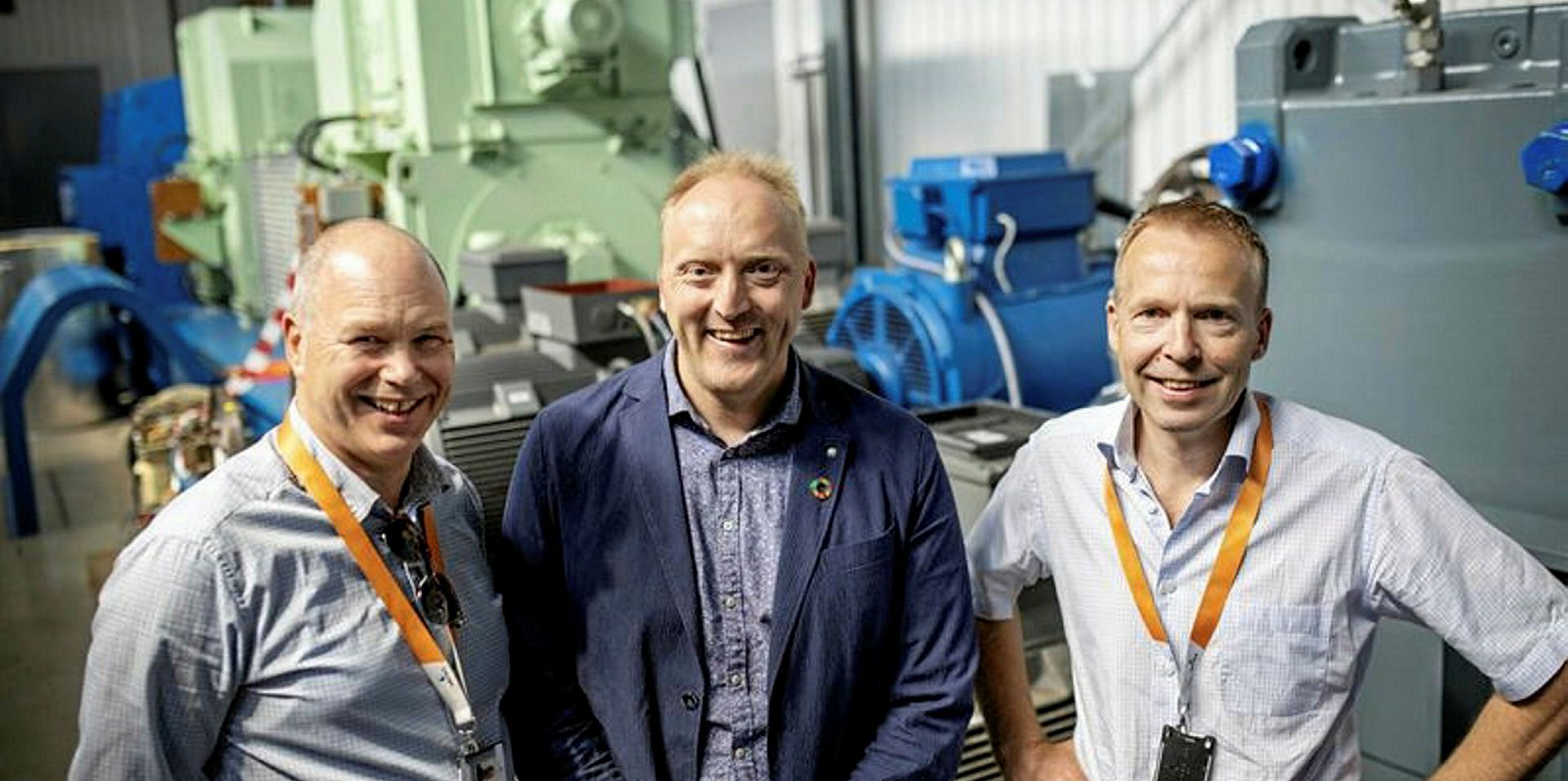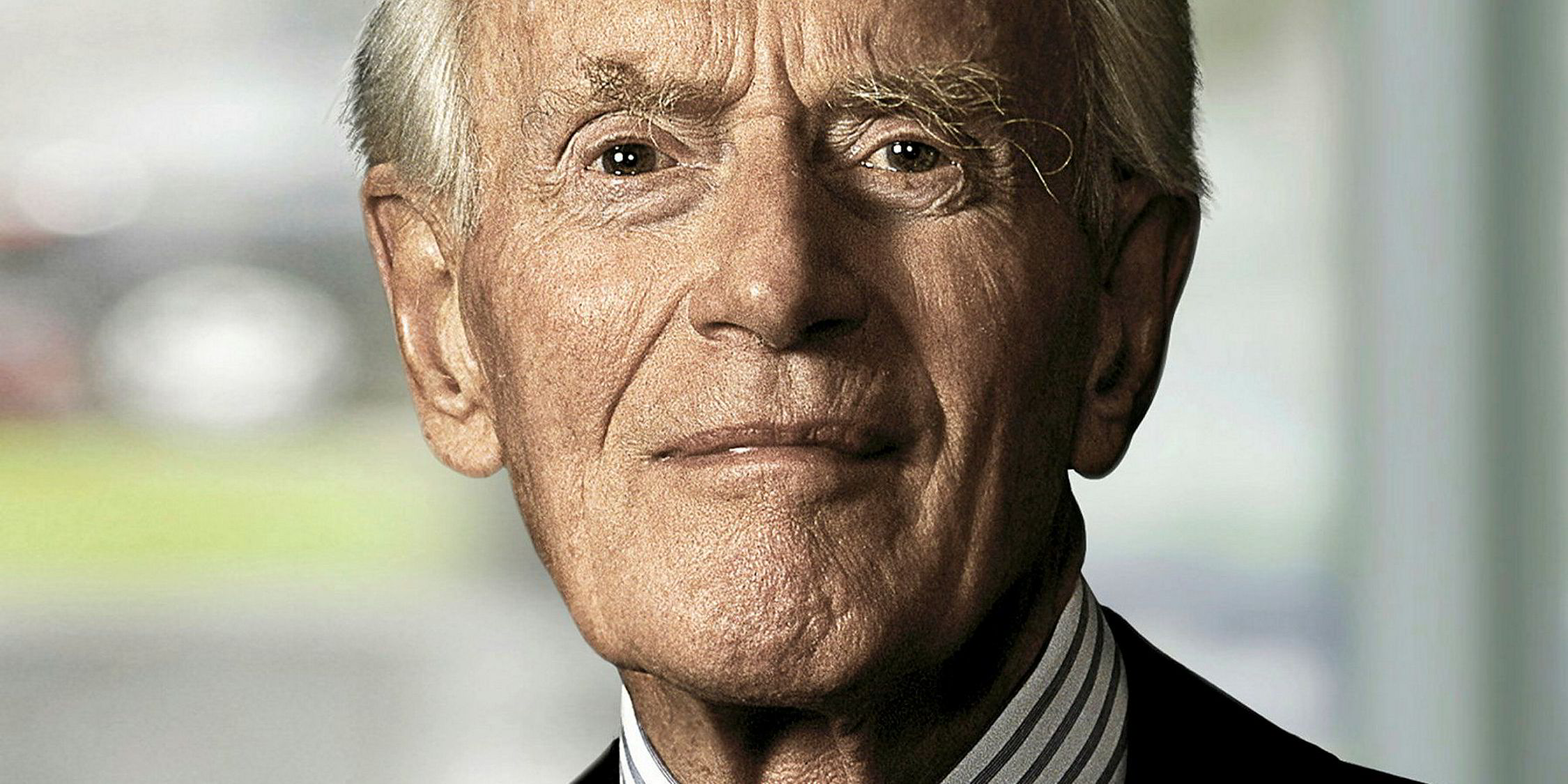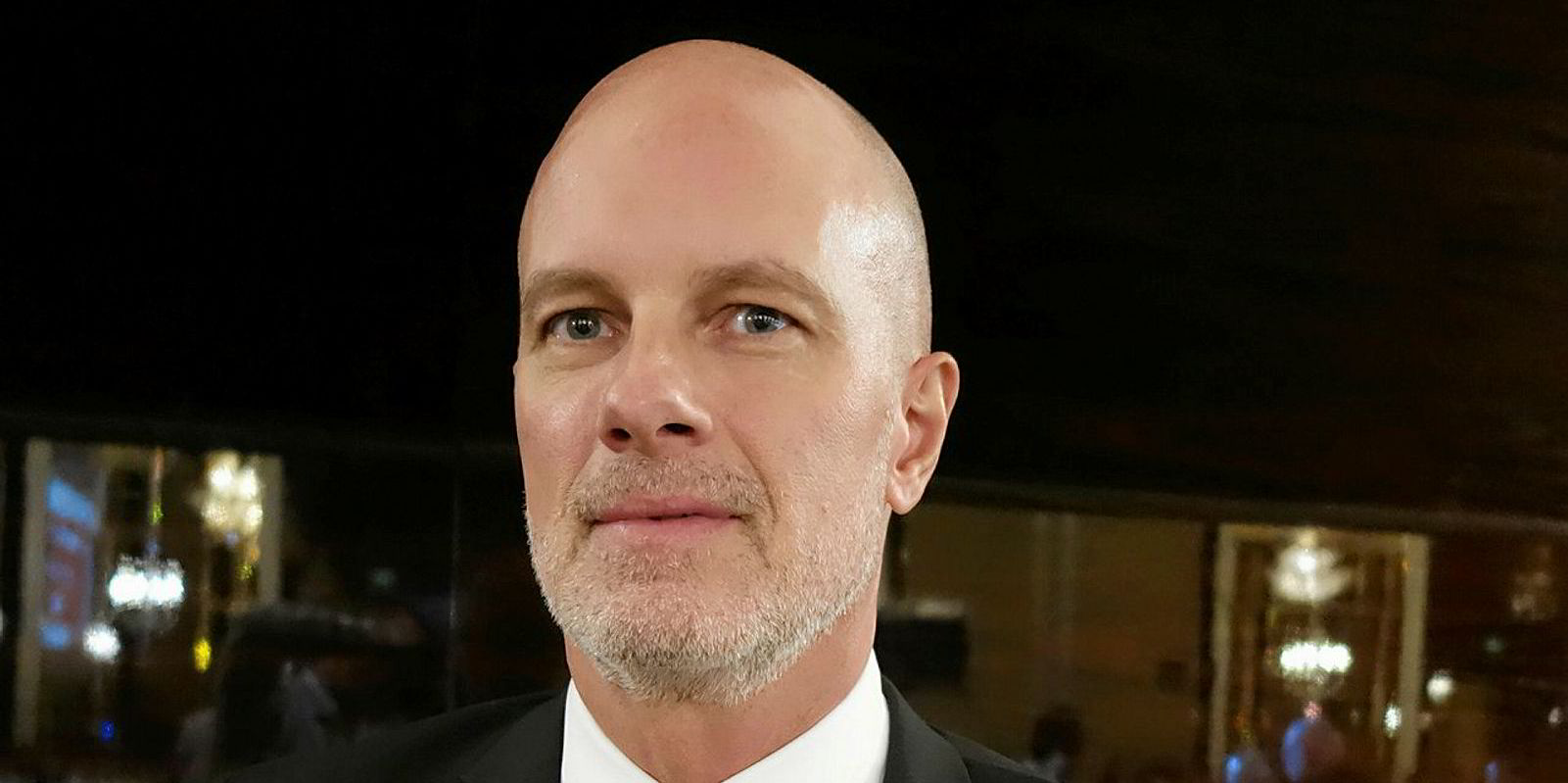Wartsila is launching what it claims is the first long-term trial of an ammonia-fuelled four-stroke ship engine.
The Finnish shipping technology giant will work with Norwegian LNG carrier and tanker owner Knutsen OAS Shipping and Spanish energy company Repsol on the test at Norway's Sustainable Energy Catapult Centre in Stord.
The project is being made possible by a NOK 20m ($2m) grant from the Norwegian Research Council.
"We are very happy to support development work that can lead to increased use of ammonia as a fuel in shipping and in the offshore sector," Norwegian petroleum and energy minister Tina Bru said.
"Know-how from this project will also provide important input to the development of regulations for the use of ammonia and other low-carbon fuels."
The trial will start in the first quarter of 2021.
Egil Hystad, Wartsila's general manager for market innovation in the marine business division, said ammonia storage and supply systems will be designed and developed for "maximum personal safety".
Working in parallel with fuel cell project
This is being done in parallel with a fuel-handling system under development as part of the EU project ShipFC, which will see an ammonia-driven fuel cell fitted on the 6,000-dwt Eidesvik Offshore platform supply vesssel Viking Energy (built 2003) by 2023.
Wartsila is predicting ammonia engines will be used within a "few years", with several shipowners showing an interest.
Rival MAN Energy Solutions is hoping to deliver the first ammonia-fuelled commercial ship engines in 2024.
Bjarne Foldager, head of the two-stroke business unit, told TradeWinds this month that the Danish engine maker aims to begin building the first units in 2023.
In April, Wartsila said it had taken a big step towards a workable solution for using ammonia as a ship fuel.
The company had begun tests involving combustion engines.
Viability to be tested
This research is aimed at establishing the viability of ammonia. Based on initial results, the tests will be continued with both dual-fuel and spark-ignited gas engines.
The company had planned field tests with shipowners in 2022.
"A combustion engine is perfect for fuel flexibility, but some changes are needed," Wartsila marine power president Roger Holm told TradeWinds at the time.
"I don't think we are that far away, but it's more the practicality of other things, rather than the ammonia combustion in an engine itself that is the key criteria."
He added that these other factors include price, availability and space needs on the ship.
"When you can produce it from renewables, then it will be interesting," he said.
But Holm also pointed out that regulations are needed as ammonia is toxic.







